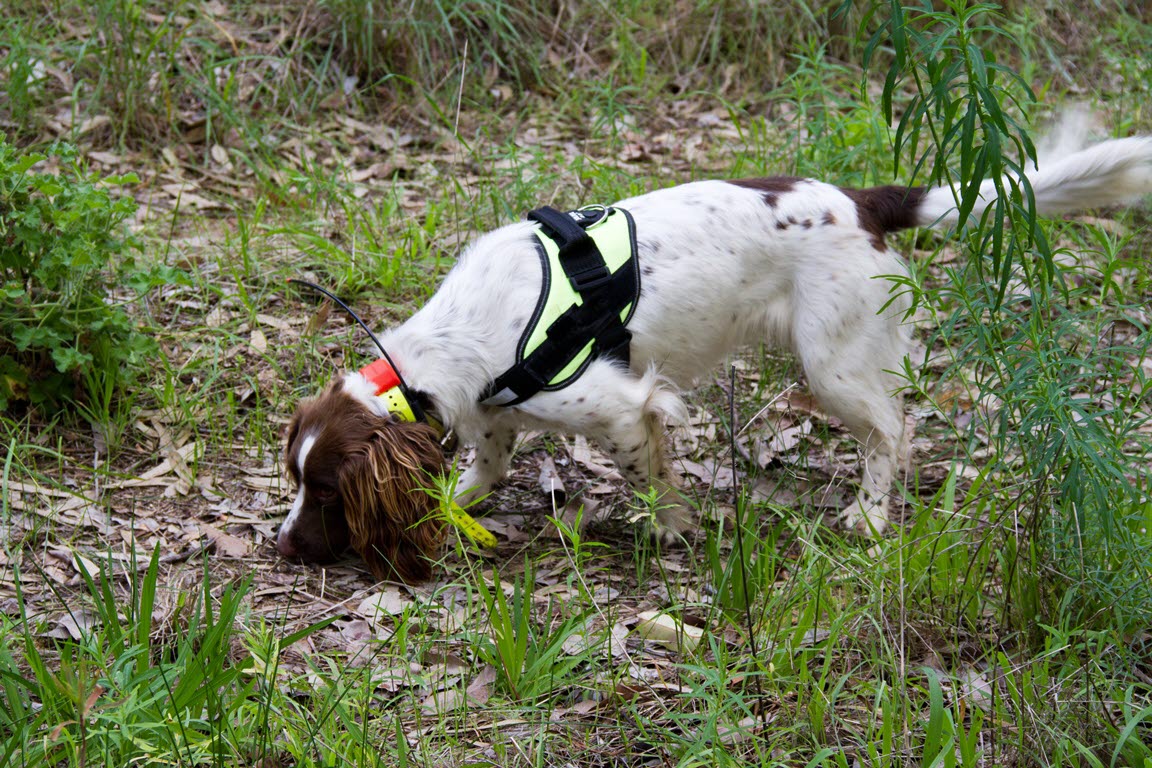
A study by veterinarians at Hanover’s School of Veterinary Medicine in Germany has indicated that specially trained detection dogs could be used as a diagnostic tool to identify COVID-19 infected people, with a high level of accuracy.
How can dogs detect COVID-19 infection?
When a person is infected by a virus, the affected cells of this person produce certain distinctive chemical compounds. With their highly sensitive noses, dogs have the ability to pick up on these particular viral-associated scents. Previous medical studies have demonstrated dogs being able to detect scents associated with particular illnesses, such as certain cancers or infections.
For this veterinary study, eight detection dogs were trained for one week to identify the particular scent of saliva or airway secretions from COVID-19-infected patients, and give a reaction to demonstrate detection of this smell. Dogs were positively rewarded with food or a ball to aid their training.
Once they had completed their training, the dogs were then set to work identifying randomly-ordered, unmarked saliva or respiratory secretion samples from COVID-19-infected patients (which had been previously identified using standard laboratory testing) from amongst similar samples from uninfected people. Positive samples were “inactivated” so they would not pose a risk to the handlers or dogs.
How accurate are these trained dogs at detecting COVID-19?
Fully trained detection dogs showed an overall average detection rate of 94% for COVID-19-infected samples! Like the current methods of testing, there was a small chance for errors in detection, with either false-positive results in healthy patients, or false-negative results in infected patients.
More studies are required to identify any other potential issues that could affect accuracy, such as patients being infected with other viral illnesses, patients in early versus late stage of infection, and any differences between asymptomatic patients, mildly affected patients, or severely affected patients.
Why would COVID-19 sniffer dogs be useful?
Currently, the best method for identifying COVID-19 is laboratory “PCR” testing of respiratory samples obtained by the swabbing of a patient’s nose and mouth by an experienced practitioner. These tests can be uncomfortable and intimidating for patients, and generally take at least one day to obtain results.
As a result, whilst these tests are a highly useful tool for the detection of COVID-19, they are not practical for situations where quick “screening” of large groups of people is required, such as:
- In airports
- At entries to public events
- In schools or aged care homes
Trained dogs could provide a practical option in these situations, giving an initial indication of whether isolation of individuals for further laboratory testing might be required.
Ongoing work is required to maximise accuracy and to ensure the safety of both dog and handler in real-world situations. However, this small-scale veterinary study shows that specially trained detection dogs hold exciting potential as an economically-viable tool to aid in large-scale management of COVID-19. These dogs could assist us in our goal for global health, and allow a safe return to much-loved social activities and travel.
